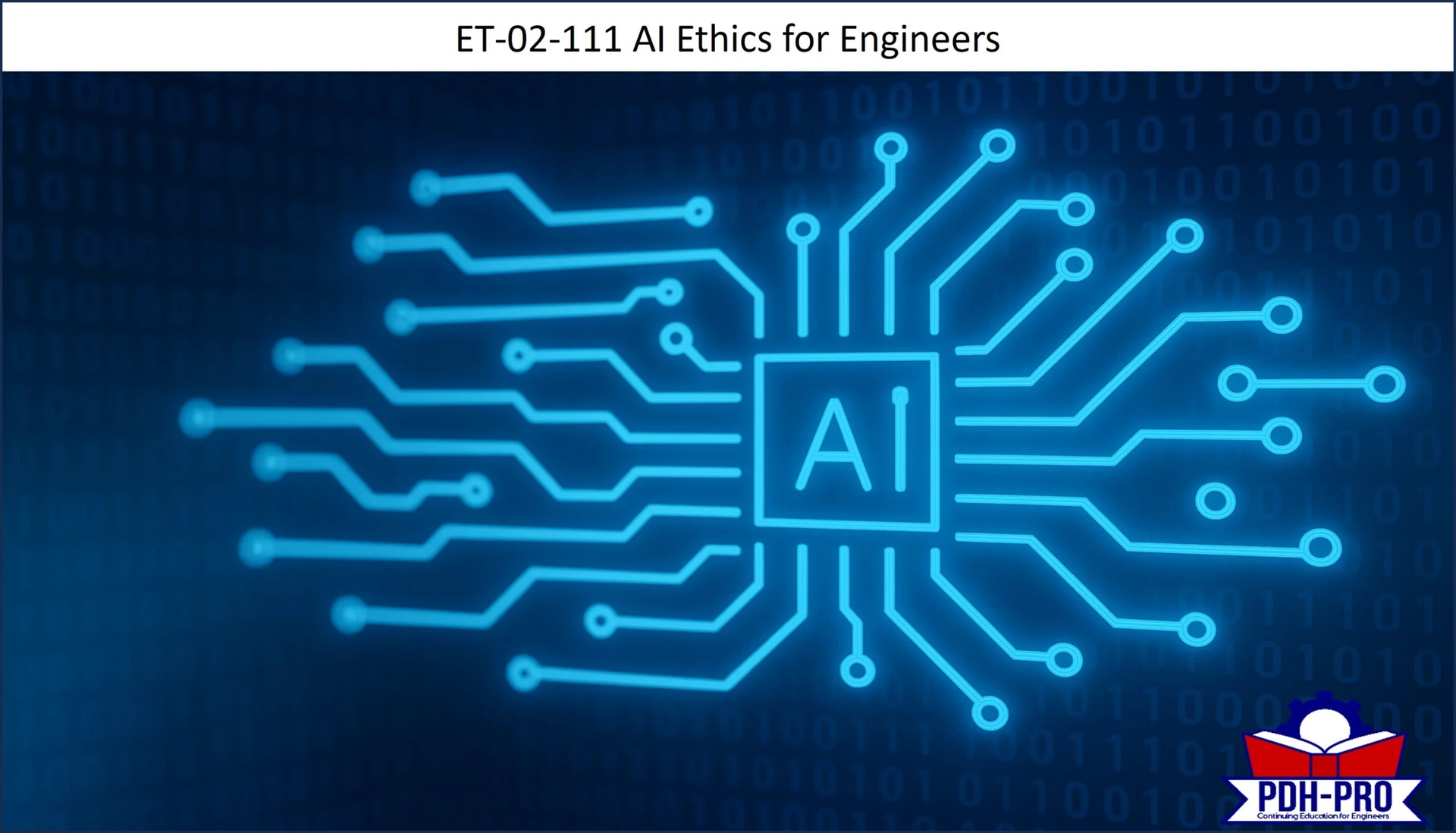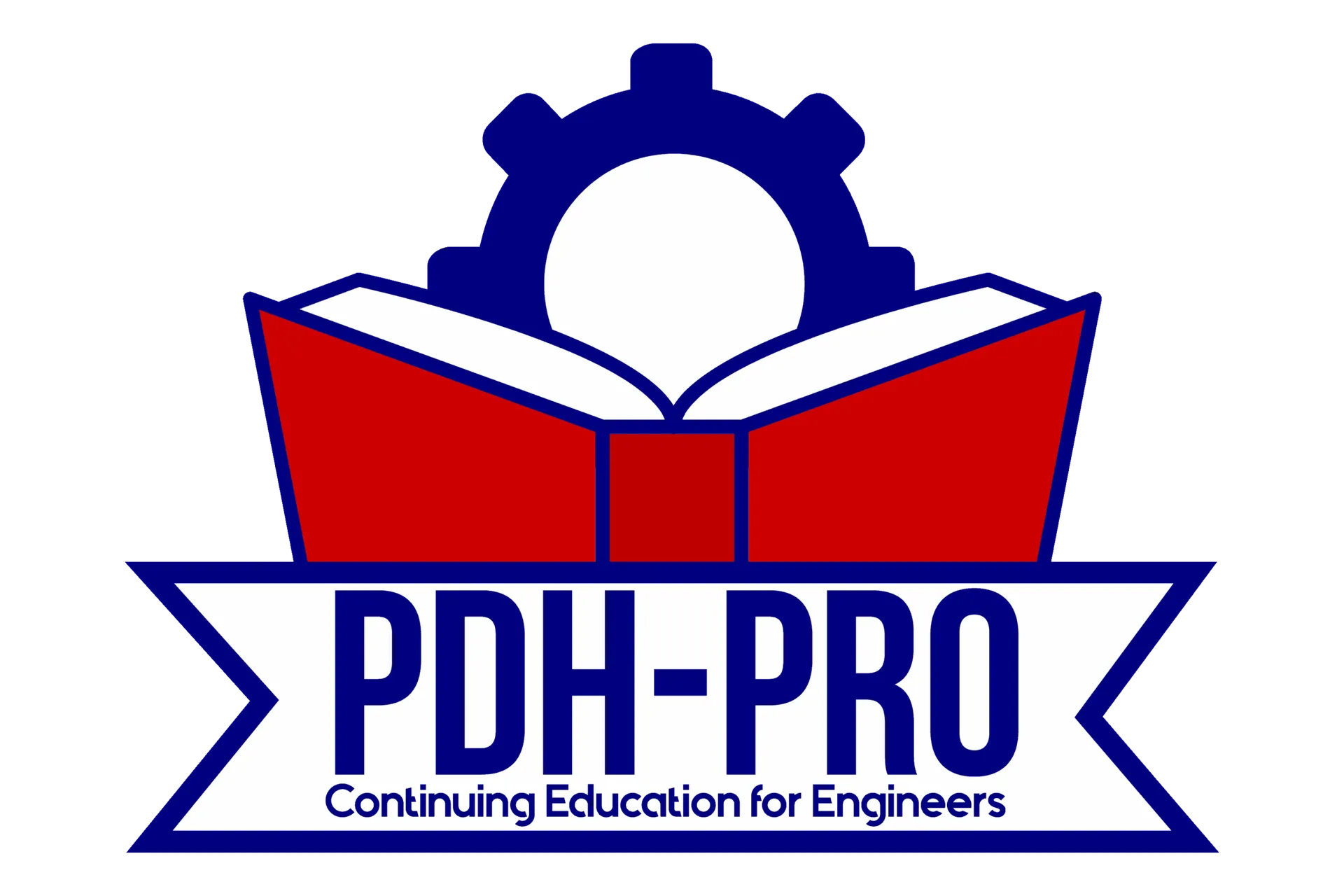
AI Ethics for Engineers
AI Ethics for Engineers is a 1-hour continuing education course designed to help professional engineers understand the ethical challenges posed by artificial intelligence in engineering practice. As AI tools become increasingly common in design, modeling, and project management, engineers must remain vigilant about the risks these technologies introduce—ranging from biased datasets and black box models to misinformation and environmental costs. This course emphasizes that while AI can assist engineers, it can never replace professional judgment or the duty to protect public health, safety, and welfare.
Through case studies, professional codes, and practical frameworks, this course explores the legal, regulatory, and ethical landscape shaping AI adoption in engineering. Participants will learn how to recognize potential ethical pitfalls, apply structured decision-making frameworks, and use practical tools like checklists and risk–response tables to ensure accountability and transparency. The course is ideal for engineers in all disciplines who need to satisfy their ethics requirement while staying current on one of the most pressing issues facing the profession today.
Learning Objectives
This course is intended to provide you with the following specific knowledge and skills:
- Explain the engineer’s ethical duty in the age of AI and how it relates to professional codes of ethics.
- Identify the major ethical risks of AI in engineering, including bias, data quality issues, black box models, misinformation, and environmental costs.
- Analyze real-world case studies to understand how AI misuse can compromise public safety and trust.
- Describe current professional society policies, standards, and regulatory developments affecting AI in engineering.
- Apply structured ethical decision-making frameworks to AI-related dilemmas.
- Use practical tools—such as risk–response tables and checklists—to evaluate AI systems in practice.
- Document decisions and maintain accountability when AI tools are part of engineering projects.
- Demonstrate how ethical oversight ensures that AI supports, rather than replaces, professional judgment.
Download the Course to review and begin earning your PDH credits.
Certificate of Completion
Upon passing a 10-question multiple-choice quiz, your certificate of completion will be available for immediate download. PDH credits are awarded once all course requirements, including the quiz, are successfully met.
Board Acceptance
We provide technical courses for PDH credits that meet Board requirements for Professional Engineers, Geologists and Land Surveyors. This course is guaranteed to be accepted for professional engineers in AK, AL, AR, DE, FL, GA, IA, IL, ID, IN, KS, KY, LA, MD, ME, MI, MN, MO, MS, MT, NC, ND, NE, NH, NJ, NM, NV, NY, OH, OK, OR, PA, SC, SD, TN, TX, UT, VA, VT, WI, WV, and WY. Before purchasing this course, please confirm that your state Board is listed above.
